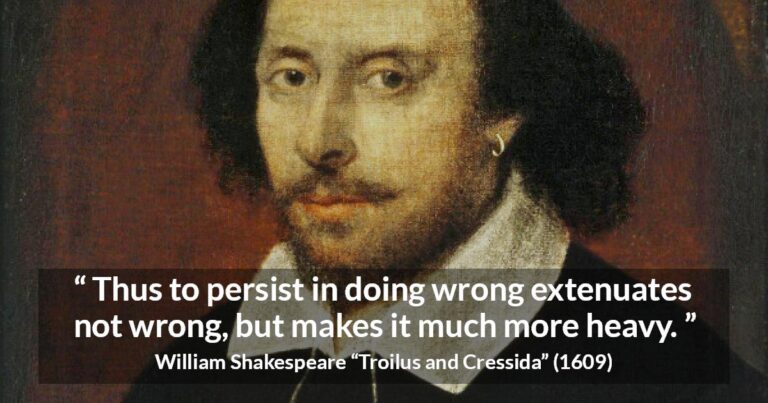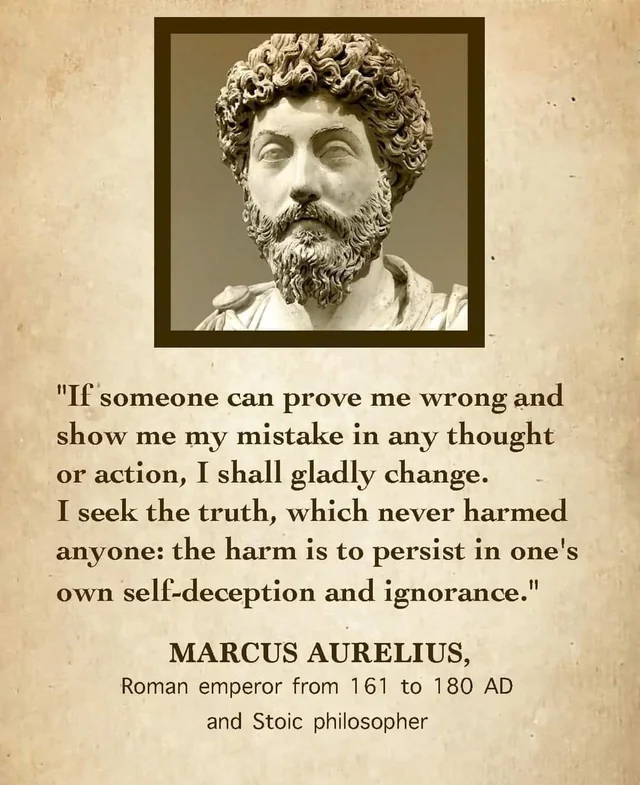Testimony Without Truth
When Leadership Fails to Lead
Excuses, Deflections, and Word Soup

Page Description
Uncover the effects of persisting in wrongdoing.
Learn about the continuous unethical actions
and their far-reaching consequences.


To persist in wrongdoing is not merely to err — it is to defend the error, to bury the truth, and to deny the harm done.
This page explores moments when the mask of professionalism cracks, revealing the hollow evasions beneath.
In inquiry after inquiry, we see how those in power often cling to language as a shield — empty phrases, carefully crafted denials — even when the consequences of their actions are all too real.
At the bottom of this page, a candid camera clip offers an unexpected mirror: comedy that becomes discomfort.
When we laugh, we also ask — who is really being crushed when systems go wrong, and no one takes responsibility?
Volharden in kwaad is niet zomaar een vergissing — het is het verdedigen van de vergissing, het begraven van de waarheid en het ontkennen van de schade die is aangericht.
Deze pagina belicht momenten waarop het masker van professionaliteit afbrokkelt en de lege uitvluchten zichtbaar worden.
Tijdens de verhoren zien we hoe machthebbers zich vastklampen aan taal als schild — holle frasen, zorgvuldig geformuleerde ontkenningen — terwijl de gevolgen voor anderen levensecht en pijnlijk zijn.
Onderaan deze pagina staat een candid camera-fragment dat onverwacht tot spiegel wordt: een grap die ongemakkelijk aanvoelt.
Want wie wordt er werkelijk verpletterd wanneer systemen falen en niemand verantwoordelijkheid neemt?
Words Without Accountability
🔹The Language of Evasion
These videos reveal how key Post Office executives — including Angela van den Bogaert — answered questions at the public inquiry.
Their carefully crafted phrases often reveal more through what they avoid than what they admit.
Barrister loses patience with former Post Office executive: ‘That’s just word soup’
26 apr 2024
A former Post Office executive was condemned for using “word soup” jargon by a frustrated barrister during the Horizon IT inquiry on Friday 26 April.
On her second day of giving evidence, Angela van den Bogerd was asked about the cases of several individual subpostmasters and their branches.
Her response, when questioned on the specifics of settlement negotiations with Martin Griffiths, drew a frustrated outburst from Jason Beer KC, lead counsel to the inquiry.
“What does that mean? That’s just word soup,” he said, repeating part of Ms van den Bogerd’s answer back to her.
Ex-Post Office chief denies cover-up over remote access emails
25 apr 2024
Angela van den Bogerd has told the inquiry into the Post Office Horizon scandal she did not recall receiving emails warning her that software maker Fujitsu would remotely access the accounts of sub-postmaters.
Ms van den Bogerd was the former people services director at the Post Office and handled complaints about the Horizon system.
A fault in the company’s software led to dozens of sub-postmasters being wrongfully convicted in connection with missing funds.
Post Office: Paula Vennells only wanted to pay sub-postmasters ‘token’ compensation, inquiry hears
26 apr 2024
Paula Vennells only wanted to pay wrongly convicted sub-postmasters “token” compensation payments.
Minutes from a February 2014 meeting shown to the inquiry show the then Post Office chief executive complaining that a planned mediation scheme was projected to potentially pay out a total of £100 million.
“It was noted by PV [Paula Vennells] that the projected level of claims was currently c. £100[million], in response to which SS [Second Sight, a forensic accounting firm involved in auditing Horizon] noted that their back of the envelope calculation was of the order of £25 to £50m,” the minutes read.
“PV observed that this was a long way from the figures that were in mind when the scheme was established, which were much smaller, and more of the nature of a ‘token’ with an apology.”
The meeting was attended by Ms Vennells, Chris Aujard, the Post Office’s general counsel respectively, and Ron Warmington and Ian Henderson from Second Sight.
Under Pressure: Angela Van Den Bogerd struggles at the Post Office Inquiry
Why Some People Will Never Admit That They’re Wrong
If one cannot handle being wrong, they may deny facts to defend themselves.
Posted November 3, 2018 | Reviewed by Lybi Ma
THE BASICS
What Are Defense Mechanisms?
Key points
- The typical response to discovering one is wrong is to admit it, either fully or partially.
- Some people refuse to admit they’re wrong, even in the face of overwhelming evidence, due to a fragile ego.
- If one cannot psychologically handle being wrong, they may deny facts to defend their actions or beliefs.
When Laughter Becomes Uncomfortable
Retractable Bed Gone Wrong
11 jul 2011
This poor disabled man just cannot catch a break. He’s just trying to find a decent bed to sleep in! Prank victims help wheel the crippled man in his wheelchair to the bed store, and he tests out one bed that looks promising. But then the victims press a button accidentally, and the man is retracted into the wall and crushed, along with this brand new super powerful retractable bed. When they try to get him out, he’s left a human-shaped hole in the wall!
Looks like a joke — feels like something else.
A man disappears into the wall, and everyone laughs. But when systems go wrong in real life, people don’t just vanish.
They get ignored.
And then blamed.
Het lijkt een grap — maar voelt als iets anders.
Een man verdwijnt in de muur en iedereen lacht.
Maar als systemen in het echte leven falen, verdwijnen mensen niet zomaar.
Ze worden genegeerd.
En daarna beschuldigd.